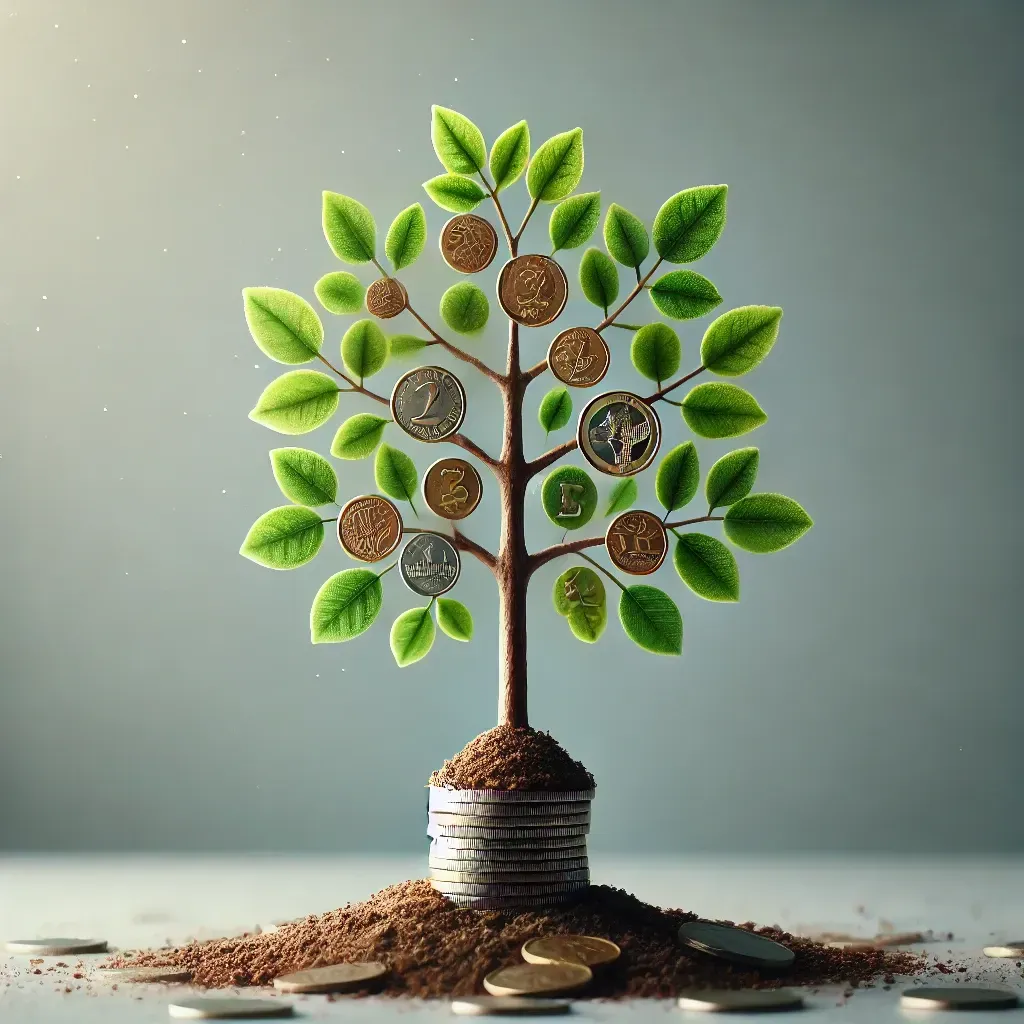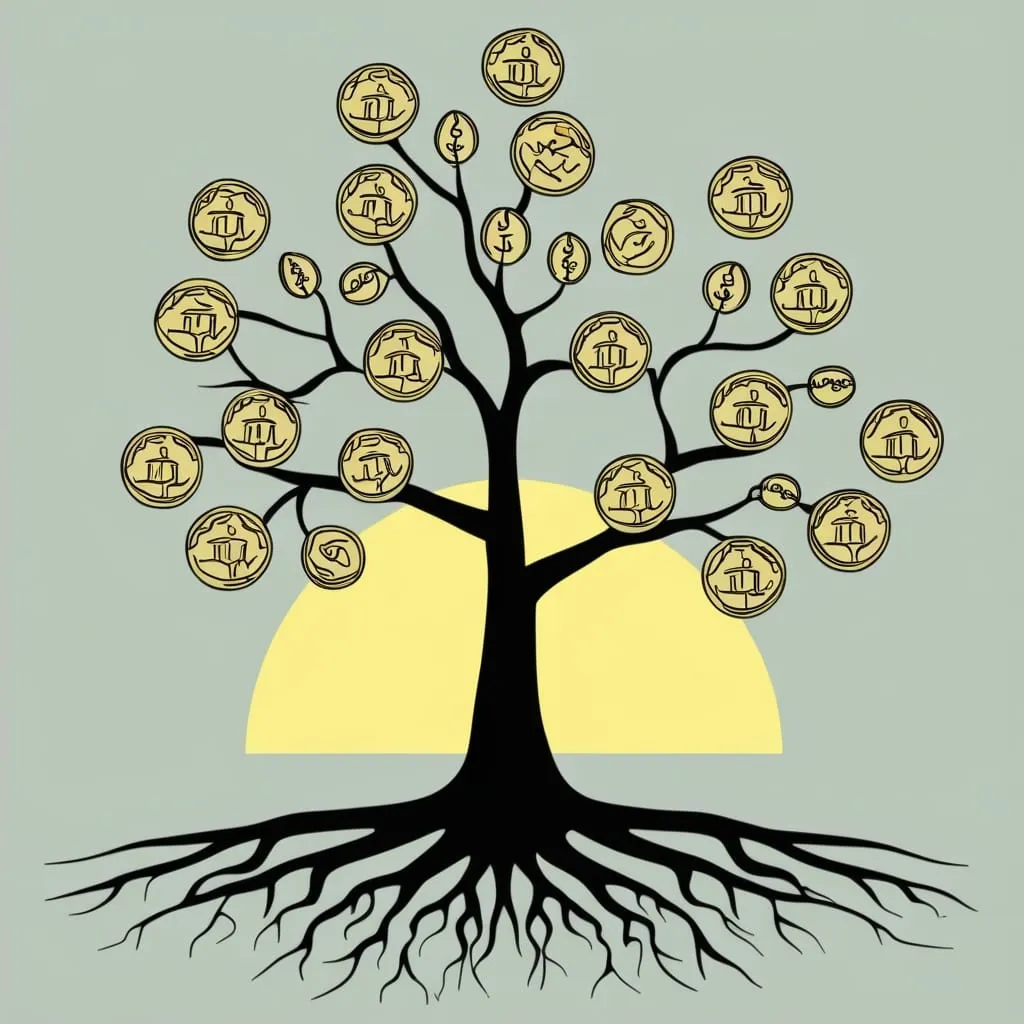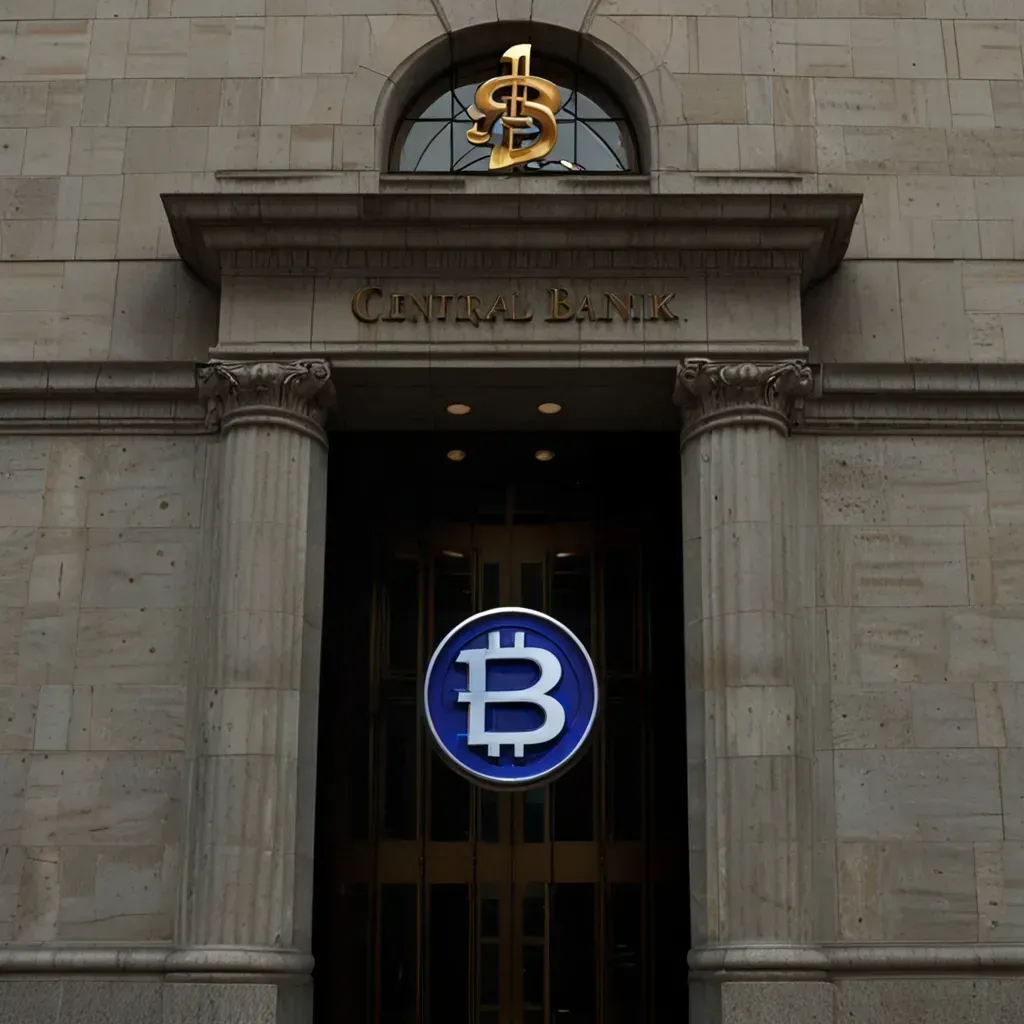How Failing Often and Succeeding Big Fuel Success in Life
Brad Pitt once said, “Some projects work and some don’t. Just get on to the next.” That nugget of wisdom turns out to be super relevant whether you’re an artist, investor, or even a regular Joe trying to figure out life.

The Truth About Passive Income – What They Don’t Tell You!
Passive income requires effort, patience, and diversification. It's not a quick fix but a long-term strategy for building wealth. Risks exist, continuous learning is crucial, and initial hard work pays off over time.

The Hidden Toll: Your Commute's Secret Assault on Your Wallet
Commuting to work is a daily reality for millions of people around the world. While it's often seen as a necessary part of holding a job, the impact of commuting on our finances can be significant and far-reaching. Let's dive into how your daily trek to and from work affects your wallet and overall financial well-being.

The Hidden Price Tag of Your Comfort: The Convenience Trap
In today's fast-paced world, convenience has become a prized commodity. From one-click purchases to on-demand delivery services, consumers are increasingly willing to pay a premium for products and services that save them time and effort. However, this pursuit of convenience often comes with hidden costs that extend beyond the price tag.

Are You Taming Your Inner Shopaholic or Fueling It?
We've all been there - you walk into a store intending to buy one thing, and suddenly you're at the checkout with a cart full of items you didn't plan on purchasing. Or you're browsing online and before you know it, you've clicked 'Buy Now' on multiple impulse buys. Impulse spending is a common struggle for many people, but there are ways to tame your inner shopaholic and gain control over your purchasing habits.

Sipping Away Your Savings? The Shocking Truth About Your Daily Coffee Habit
The Latte Factor has become a popular concept in personal finance, highlighting how small, everyday expenses can significantly impact our long-term financial health. This idea, popularized by financial author David Bach, suggests that by cutting back on minor indulgences like daily lattes, we can redirect that money towards savings and investments, potentially accumulating substantial wealth over time.

From Hero to Villain: Why Did the Internet Turn on Steven Bartlett?
Steven Bartlett's meteoric rise to fame and fortune has been nothing short of remarkable. The young entrepreneur went from university dropout to millionaire by age 23, building a social media empire valued at over £300 million. He became the youngest ever investor on BBC's Dragons' Den and hosts one of the UK's most popular business podcasts. On paper, Bartlett seems to have it all - success, wealth, and influence. Yet despite his achievements, Bartlett has become an increasingly polarizing figure. Many have come to view him as arrogant, disingenuous, and overly self-promotional. The once inspirational rags-to-riches story is now seen by some as carefully crafted marketing. So how did the man once hailed as a business wunderkind become someone many love to hate?

From Piggy Banks to Wall Street: The Blueprint for Turning Pocket Change into a Fortune
Investing can seem daunting for beginners, but with the right strategies, anyone can start building wealth for their future. The key is to start early and be consistent, even if you're only investing small amounts at first. Time is one of the most powerful tools in investing, thanks to the magic of compound interest. The earlier you begin, the more time your money has to grow.

Why This Common Financial Advice Is Ruining Your Life!
Avoid common financial pitfalls. Start saving early, pay off credit cards, avoid negative equity car loans. Balance present enjoyment with future planning. Track spending, invest wisely, and make personal financial decisions aligned with your goals.

How Do Central Banks Secretly Drive Stock Market Trends?
Central banks play a crucial role in shaping the global economy by implementing monetary policies that significantly impact stock markets. These policies, designed to stabilize inflation and unemployment, have far-reaching effects on various asset classes, including equities, bonds, cash, real estate, commodities, and currencies. Understanding the intricate relationship between central banks and stock markets is essential for investors seeking to navigate the complexities of the financial world.

Sustainable investing has become a buzzword in the financial world, but what does it actually mean?
At its core, sustainable investing involves making investment decisions based on three key factors: Environmental, Social, and Governance (ESG) criteria. These criteria help investors evaluate companies not just on their financial performance but also on their impact on the planet and society.

Why Do We Let Emotions Drive Our Investment Decisions?
Investing is often perceived as a game of numbers, data, and cold, hard logic. Yet, the reality is far more complex. Human emotions and psychological biases play a significant role in shaping investment decisions. This intersection of psychology and finance is known as behavioral finance. Let's delve into how behavioral finance influences investment choices and how understanding it can lead to better financial decisions.

Can Working with Others Really Supercharge Your Productivity? The Surprising Science of Feel-Good Collaboration
Ever noticed how some folks just light up a room? They walk in, and suddenly everyone's buzzing with energy. On the flip side, we've all met those energy vampires who leave us feeling drained. Well, turns out there's some science behind this phenomenon. Let's dive into how the people around us can supercharge our productivity and overall well-being.
